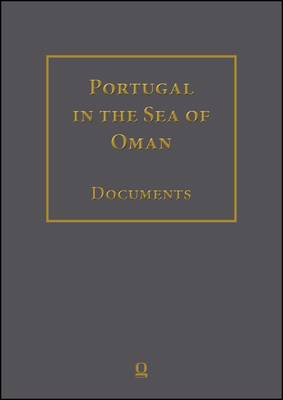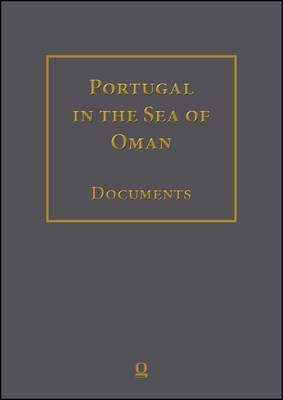
- Retrait gratuit dans votre magasin Club
- 7.000.000 titres dans notre catalogue
- Payer en toute sécurité
- Toujours un magasin près de chez vous
- Retrait gratuit dans votre magasin Club
- 7.000.0000 titres dans notre catalogue
- Payer en toute sécurité
- Toujours un magasin près de chez vous
512,95 €
+ 1025 points
Description
The Sultanate of Oman and Portugal are connected by a long shared history which until now has received little attention. After Vasco da Gama had rounded the Cape of Good Hope in 1498 and extended the Portuguese colonial empire to India, a constant conflict began between the two naval powers. In 1507 the Portuguese occupied the coast of Oman, remaining for a good hundred years until the united Omani tribes drove the Europeans from there and out of their East African possessions and became colonial rulers themselves. In 2004 a major research undertaking began on the initiative of the Omani Ministry for Foundations and Religious Affairs. The aim was to find documents in Portuguese archives which had as their subject the Sultanate of Oman and its cities and regions, and thus to record the encounter between the two cultures in the 16th century and their common history until the 18th century. Following publication of the 16-volume facsimile edition, the transcriptions of the old Portuguese manuscripts now follow, with translations into modern English and Arabic. The meticulous notes describe everyday life during the period as well as dramatic highlights such as the retaking of Muscat by the Imam of Nizwa in January 1650. The documents offer unexpected insights into the economic, religious and cultural relations between the two nations and the intensive interactions between East and West in the early modern age. The texts in the volume are arranged in three parallel columns so that the sections can be seen side by side. To supplement the critical textual controls made during the course of transcription each document can be seen in facsimile. This critical edition of the sources (1,500 documents on over 8,000 pages) offers both researchers and the general public for the first time a corpus of primary sources which is unique in its breadth and thematic focus. "Portugal in the Sea of Oman" is a scholarly treatment of archival material. It is a contribution to a better understanding of both eastern and western perspectives of each other.
Spécifications
Parties prenantes
- Auteur(s) :
- Editeur:
Contenu
- Nombre de pages :
- 2164
- Langue:
- Portugais, Arabe, Anglais
- Collection :
- Tome:
- n° 2
Caractéristiques
- EAN:
- 9783487152714
- Date de parution :
- 25-07-18
- Format:
- Livre relié
- Dimensions :
- 320 mm x 200 mm
- Poids :
- 8825 g

Les avis
Nous publions uniquement les avis qui respectent les conditions requises. Consultez nos conditions pour les avis.






